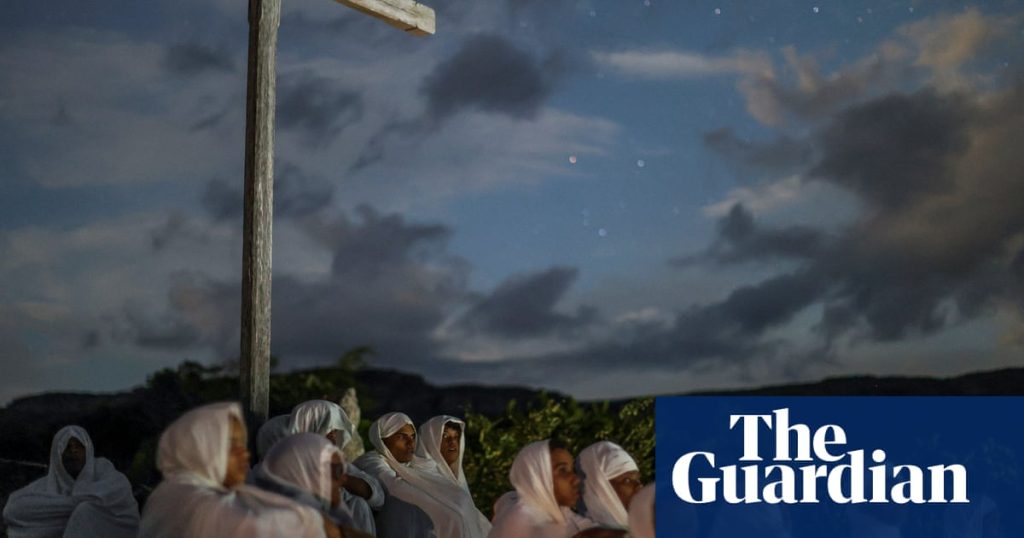Certainly! Here’s a paraphrased version of the article with the same core information, formatted in HTML:
<div>
<h2>Decline in Catholic Population in Brazil</h2>
<p>Brazil, home to the largest Catholic population in the world, has experienced a decline in adherence to the faith, as indicated by recent data from the national statistics institute (IBGE).</p>
<h2>Statistics Over the Years</h2>
<p>Three decades ago, Catholics comprised 82.9% of Brazil's population, whereas the latest 2022 census, released on Friday, reveals that this figure has dropped to just above 56.7%.</p>
<h2>Growth of Evangelicals</h2>
<p>In contrast, the number of evangelicals has risen significantly, moving from 9% to 26.9% of the population over the past 30 years. Despite a slight slowdown in this growth rate, new data indicates that at least one in four Brazilians now identifies as evangelical.</p>
<h2>Social and Cultural Influence</h2>
<p>Maria Goreth Santos, an analyst at IBGE, noted an increasing visibility of evangelicals in society, who are expressing their beliefs more boldly. Gospel artists and religious influencers have gained prominence, while evangelical-themed literature tops bestseller lists. Popular telenovelas have also started incorporating evangelical themes into their narratives.</p>
<h2>Political Landscape</h2>
<p>Politically, evangelicals have become a considerable force, acting as a key support base for former far-right President Jair Bolsonaro, now presenting a challenge for the leftist incumbent, Luiz Inácio Lula da Silva, as he aims for re-election in 2026. Recent polls show Lula's disapproval rating at 57%, increasing to 66% among evangelicals.</p>
<h2>Religious Demographics</h2>
<p>The IBGE data also revealed that although Catholics are still the majority, only one in four white Brazilians identifies as evangelical, while that figure is one in three for Black Brazilians. Additionally, those with no religious affiliation have increased from 4.6% to 9.3% over the past 30 years.</p>
<h2>Afro-Brazilian Religious Growth</h2>
<p>There was also a notable increase in followers of Afro-Brazilian religions such as candomblé and umbanda, growing from 0.3% to 1%. Historically, Brazil's government has persecuted these faiths, which were banned during slavery. However, since the 1988 constitution, practitioners have gained some protections, though they still face challenges today, including from extremist groups.</p>
</div>This format preserves the essential details, while effectively summarizing the original content.



